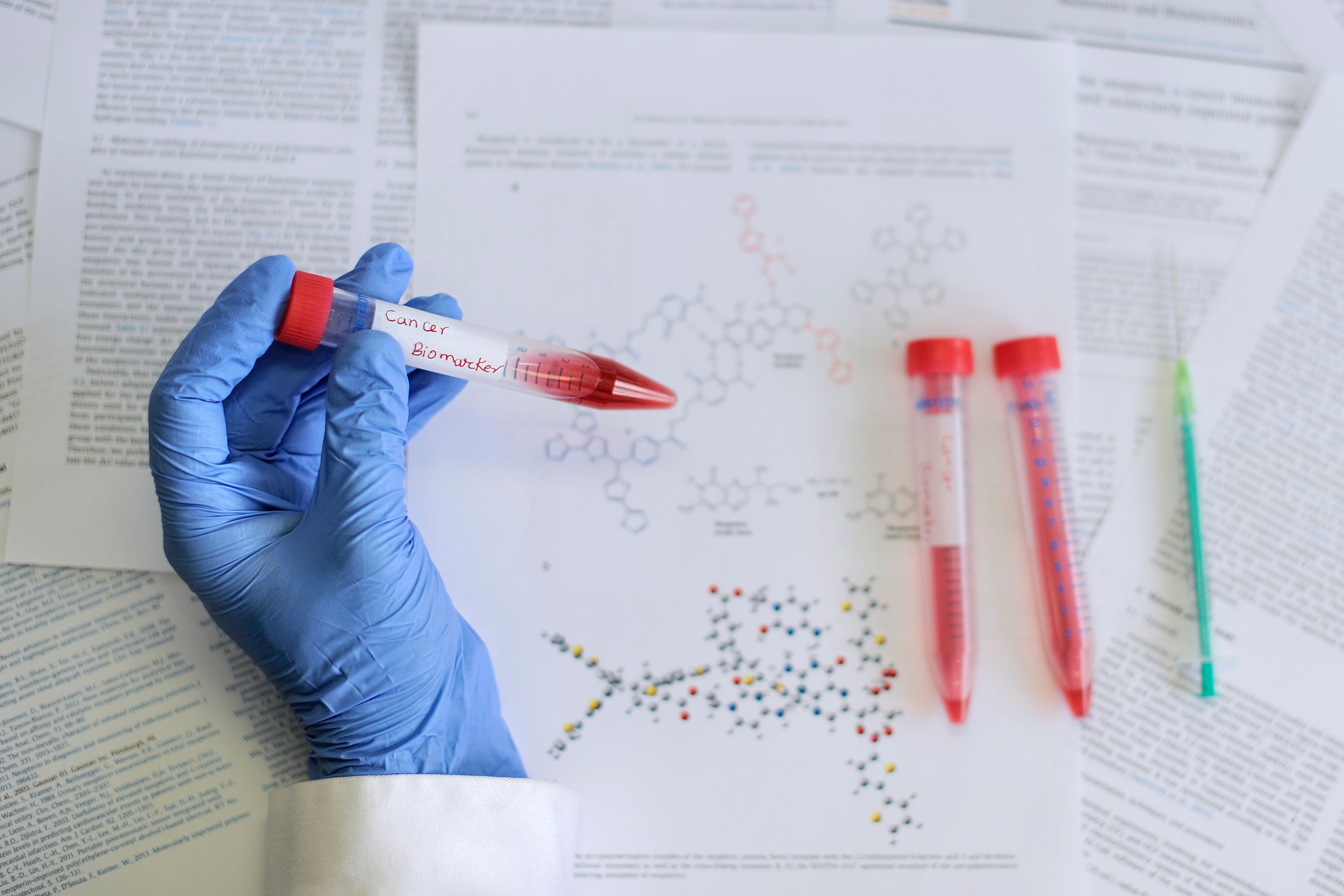DENTON, Texas (UNT) -- Early detection of cancer greatly increases the chances of being successfully treated, according to the World Health Organization. Now research teams at the University of North Texas and the Polish Academy of Sciences are working in collaboration to create a chemical sensor device that could detect cancer at an early stage.
"Cancer, if detected and treated in the early stages is no longer a death threat," said Francis D'Souza, a University Distinguished Research Professor in UNT's Department of Chemistry. "However, early detection of several types of cancer is still a challenge, since tumors develop over a period of time without noticeable symptoms. One solution to this problem could be diagnostic tests available to everyone that could be performed at home on a regular basis."
The chemosensor is a thin film of a polymer that detects molecules of neopterin, a chemical compound found in human body fluids. Neopterin is produced by the immune system and an increased presence in the body is often a sign of a medical problem. While the research is being conducted in Warsaw using a grant from the National Science Centre, the polymer at the center of it all is created at the University of North Texas.
"This new approach involves developing special recognizing materials prepared by molecular imprinting technology," said D'Souza. "It involves creating three-dimensional cavities within the polymer for selective binding and subsequent detection of the target cancer biomarker."
Right now the polymer film is still in the testing stage. So far the researchers see that it only recognizes the biomarker neopterin, meaning only a minimal risk of a false positive test. Researchers hope to have it ready to be used by doctors and medical institutions, and even the general public, in just a few years.
These findings were reported in a recent publication of Biosensors and Bioelectronics.





